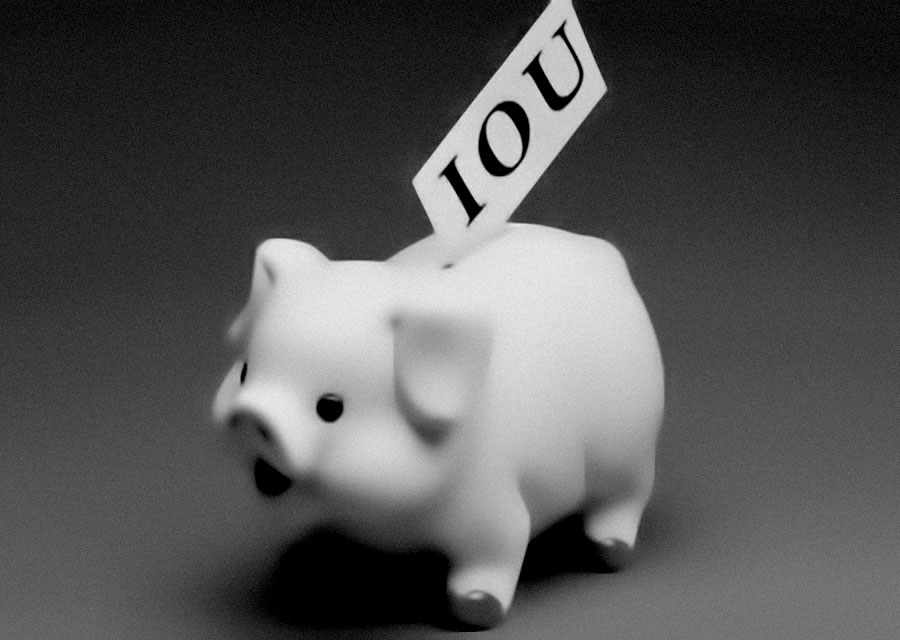by Ben Carlson, A Wealth of Common Sense
Every week it seems like there’s a new story that captures everyone’s attention in the world of finance (the same thing happens with the regular news). People focus all of their attention on that one story or market and then quickly forget about it the next week when something new catches their eye.
This past week that story was the Swiss National Bank deciding it wasn’t going to prevent the franc from rising any longer. The franc proceeded to rise 20% or so on a single day, a massive move for a currency of a developed market economy such as Switzerland. This type of move probably shouldn’t have a huge effect on your bottom line, since Switzerland makes up only about 3% of the world stock market capitalization.
Of course there were certain individuals affected. The Wall Street Journal profiled two gentlemen on opposite ends of the spectrum. Here’s the first:
“I was literally still in bed,” said Mr. Mammon, 51 years old. “I’m trying to understand why all of a sudden it was down $2,500. When I looked away and looked back again it was five or six times that.”
Mr. Mammon—who says he had juiced his bets by borrowing 20 times the amount of his original investment—sustained losses that day “well into the five figures.”
That was the losing bet. Here’s someone on the other side:
Duane Sloan, 49, a certified public accountant and former mayor of Wildwood, N.J., placed a bet through Toronto-based broker Oanda Corp. at 3:47 a.m. Thursday morning that the franc would rise against the yen. He was trading about 16,000 francs at 50-to-1 leverage.
Fighting insomnia, he said he had looked at the chart of the two currencies on his iPhone and reckoned the franc was due to tick higher. His account balance went from $361 to $2,703 in the space of an hour.
“To be completely honest, it was luck,” Mr. Sloan said.
At least he admitted it was luck. I suppose anytime you’re making your investment decisions based on a combination of a reckon and your iPhone, a heavy dose of luck is always going to be involved.
Regardless of the profits or losses on the trades for either of these individuals, this was a terrible idea. They were trading currencies using levels of leverage that would make Dick Fuld proud, an absolutely reckless way to risk your hard earned dollars as an amateur trader. They say leverage can’t turn a bad investment good, but it can easily turn a good investment bad. There was no outcome that could have possibly justfied investing this way.
After the franc unwind, many investors were looking around trying to figure out who the winners and losers were. If you’re an individual investor, it doesn’t matter is you made or lost money on this type of trade — in the end it’s a losing proposition either way because it develops bad habits. It may seem like you could make a quick buck by finding yourself on the right side of a large move like this, but eventually you’ll lose your shirt. As famed Wall Street trader Jesse Livermore once said, “If there was easy money lying around, no one would be forcing it into your pocket.”
I realize that these types of stories are extreme, but it’s not so rare for individual investors to take fliers on lottery ticket-style investments in hopes of striking it rich. I’m convinced that 90% of all investment mistakes could be solved by simply eliminating unforced errors and irrational investment ideas. If investors could just eliminate a few of their truly irrational actions, that would get them 80% of the way there.
I wish that every time an individual investor made a decision to try something like taking up currency trading as a hobby, someone could be there to tell them, “Maybe you shouldn’t do that.”
Source:
Swiss Franc Bets Turned on a Dime (WSJ)
Further Reading:
How the U.S. Dollar Affects Your Portfolio
7 Simple Things Most Investors Don’t Do
Subscribe to receive email updates and my monthly newsletter by clicking here.
Follow me on Twitter: @awealthofcs
Copyright © A Wealth of Common Sense













